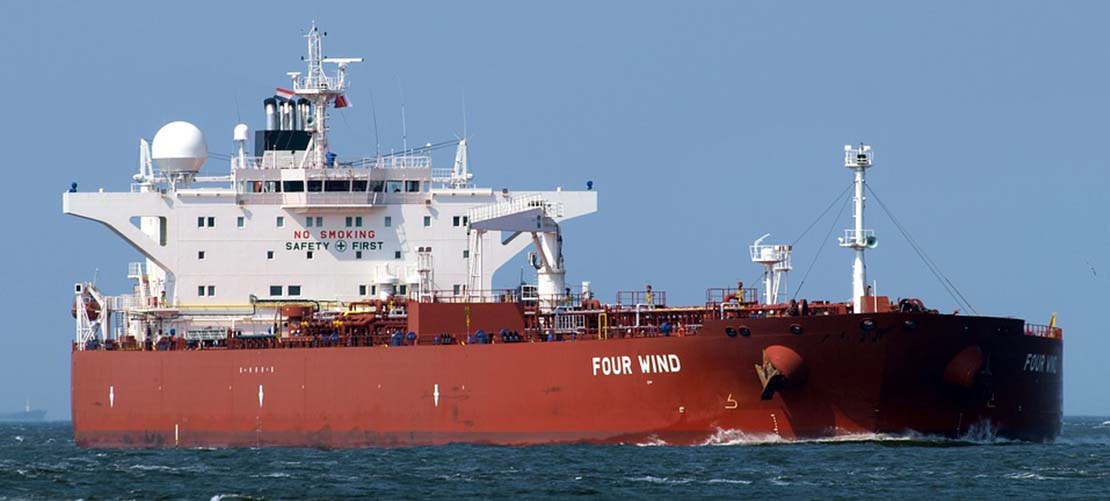
Bank bound by arbitration clause in bill of lading held as security under letter of credit

Banks and trade finance companies should note the recent case of Sea Master Shipping Inc v Arab Bank (Switzerland) Ltd [2018] EWHC 1902 (Comm) which held that a bank is obliged to submit its dispute to arbitration pursuant to the arbitration clause contained in a bill of lading which it held as security under a letter of credit arrangement.
The defendant bank (the “Bank”) was held to be subject to the arbitration clause in the bill of lading, by reason of the fact that it had acquired rights of suit under section 2 of the Carriage of Goods by Sea Act 1992 (“COGSA”). This was in spite of the facts that (a) the Bank had not exercised those rights of suit; (b) the Bank was not the lawful holder of the bills of lading at the time of the arbitration’s commencement; and (c) the Bank had not committed any act by which it would incur liabilities under section 3 of COGSA.
Background
The relevant bills of lading concern a cargo of toasted soyabeanmeal in bulk which was shipped on MV SEA MASTER. The named shippers on the bills of lading were Oleaginosa, who sold the cargo to Glencore, who then sold it to Agribusiness. Agribusiness concluded a voyage charterparty with the shipowners (“Owners”) for carriage of the cargo.
The original bills of lading were presented by Glencore to the Bank, which accepted them under documentary credit opened on behalf of its customer, Agribusiness, with whom it had entered into a pledge agreement. Upon payment against the bills of lading, the Bank became lawful holder of the original bills of lading, which expressly incorporated terms, conditions, liberties and exceptions of the charterparty including an LMAA arbitration clause.
Agribusiness attempted to arrange for the sale of the Cargo; however, on two occasions, although new sales were agreed, and switch bills of lading were issued, each of those sales fell through. By agreement between the shipowners and Agribusiness, a Second Switch Bill (which expressly incorporated the charterparty’s arbitration clause) was executed, and the cargo was delivered against presentation of the Second Switch Bill.
The Bank commenced arbitration against the Owners in respect of claims under bills of ladings relating to a different cargo on the same vessel, and the Owners in turn counterclaimed for demurrage or detention under the Second Switch Bill, for which the Bank challenged the tribunal’s jurisdiction. The tribunal held inter alia that it did not have jurisdiction over the Owner’s counterclaim and that the Bank was not an original party to the second switch bills of lading. The Owners appealed the tribunal’s negative jurisdictional ruling under section 67 of the Arbitration Act 1996.
Questions before the court
The court considered that there were two issues for determination:
- the “Arbitrability Issue”: whether the Bank assumed liabilities within the tribunal’s jurisdiction by reason of its admitted acquisition of rights of suit under the Second Switch Bill by reason of section 2 of COGSA, or if it depends on whether the Bank was an original party to the Second Switch Bill; and
- the “Substantive Issue”: if the answer to the above is the latter, then was the Bank an original party to the Second Switch Bill. The court considered this a question for the tribunal if he ruled on the Arbitrability Issue in the Owners’ favour.
The Arbitrability Issue
The court ruled in the Owners’ favour and held that the tribunal did have jurisdiction to determine whether the Bank assumed liabilities under the contract of carriage. He disagreed with the Bank that it only had a vested right of suit pursuant to section 2 of the COGSA but because it had not performed any of the acts triggering liability under section 3 of the COGSA, it was not bound by the arbitration clause. In arriving at this conclusion, the court held that an arbitration agreement contains obligations by which a party is bound irrespective of the assertion of substantive rights by that party or the commencement by that party of arbitration or other proceedings, and that such rights and obligations are mutual and interdependent. Therefore, the judge did not accept that the intended effect of sections 2 and 3 of COGSA is to bifurcate an arbitration clause into rights and obligations such as to confer arbitration rights under section 2 and arbitration obligations under section 3, a position which he considered an “anomaly” and contrary to the mutuality of an arbitration agreement.
The judge further held that the question of whether the holder has committed a section 3 COGSA act is an arbitral issue; and if the effect of section 2 of COGSA is to entitle the lawful holder of the bill of lading to arbitrate that dispute, its effect must also be to require the holder to do so.
Conclusion
Although the Owners succeeded in the Arbitrability Issue, the victory rings somewhat hollow in view of the court’s refusal to decide on the Substantive Issue, holding that that issue falls to be determined by the tribunal – which had already ruled against the Owners on that matter.
An appeal is understood to be pending; nevertheless, it is clear from the court’s decision that under the law as it now stands a lawful holder of a bill of lading (including a bank holding one as pledgee) who acquires rights of suit under section 2 of COGSA is subject to the arbitration clause in the bill of lading, whether or not the lawful holder has exercised rights or assumed liabilities under section 3 of COGSA.


